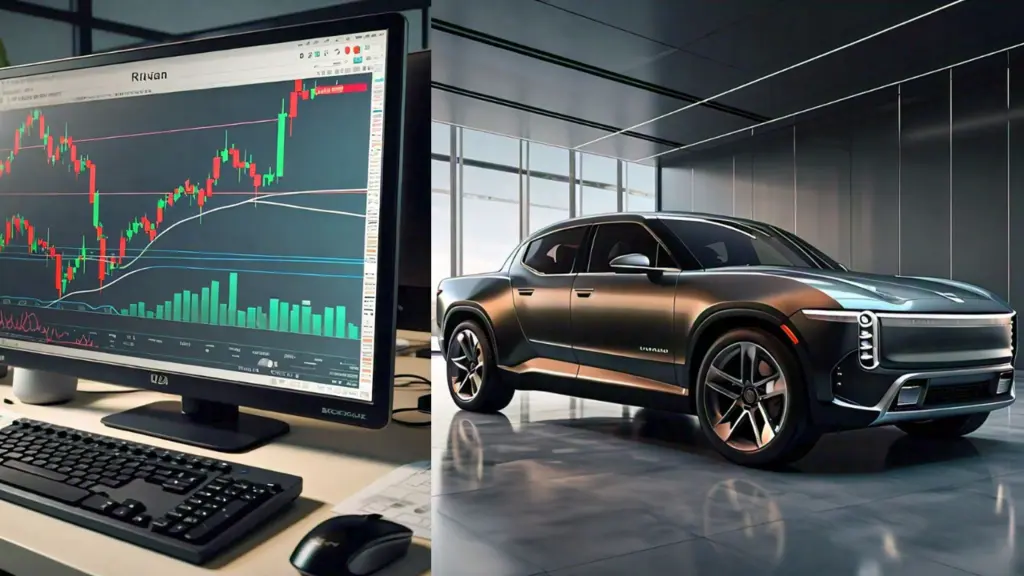The Ford Explorer has long been a popular choice among SUV enthusiasts for its versatility, spacious interiors, and powerful performance. But like any vehicle, not all model years have been created equal. Some Ford Explorer model years have been notorious for recurring issues, leading experts and car enthusiasts to label them as years to avoid. This guide takes a closer look at those years, the common problems, and why you might want to steer clear of them.
Whether you’re buying a used Ford Explorer Years to Avoid, understanding which years to avoid can save you from costly repairs and maintenance. Let’s dive into the specific model years and the problems associated with each.
Ford Explorer Years to Avoid
Here’s a rundown of the Ford Explorer years that have shown consistent issues over the years:
1. 2002 Ford Explorer
The 2002 Ford Explorer is perhaps one of the most problematic models in the lineup. With a new design shift to independent rear suspension, Ford hoped to enhance the vehicle’s ride quality, but the implementation led to numerous issues.
- Transmission Problems: Many 2002 Ford Explorer owners report issues with the transmission slipping, failing, or having trouble shifting gears. The repair costs for these issues can range between $2,000 and $3,500.
- Suspension Issues: The new independent rear suspension system was also prone to issues, with components like ball joints wearing out prematurely.
- Cracked Rear Panel: This cosmetic issue was also prevalent, with many 2002 Explorers having visible cracks on the rear panel below the window, affecting the vehicle’s aesthetic and resale value.
2. 2004 Ford Explorer
While the 2004 Ford Explorer isn’t as notorious as the 2002 model, it still has its fair share of problems.
- Transmission Issues: Once again, the transmission is a significant problem area. Many owners reported the transmission slipping or failing, often requiring a costly replacement.
- Cooling System Issues: This model is also known for cooling system failures, which can lead to overheating and damage to other engine components.
- Rear Suspension: Like the 2002 model, the 2004 Ford Explorer has suspension problems, particularly with the rear suspension and wheel bearings.
3. 2006 Ford Explorer
The 2006 Ford Explorer brought a redesign and new engine options, including the introduction of a 4.6L V8. However, this model year experienced several issues that left owners frustrated.
- Transmission Failures: Transmission issues continued to plague this year’s model, with common complaints of rough shifting, slipping, and complete transmission failure.
- Electrical Problems: The 2006 model is known for electrical malfunctions, including issues with the battery draining and power windows not functioning.
- Coolant Leaks: Coolant system leaks are another common complaint, which can lead to overheating and costly repairs if left unchecked.
4. 2011 Ford Explorer
The 2011 Ford Explorer saw another significant redesign, moving to a more crossover-like body style. While this model aimed to modernize the Explorer, it came with a host of new issues.
- Power Steering Issues: The 2011 model has a significant problem with electronic power steering, with many owners reporting complete steering failures. The replacement cost for a power steering system can run up to $1,500.
- Engine Issues: Some owners experienced engine stalling, rough idling, and issues with acceleration, which could be due to problems with the engine’s fuel injection system or throttle body.
- Electrical Problems: Many owners reported malfunctioning electrical systems, including issues with the vehicle’s warning lights, which would illuminate without reason.
5. 2013 Ford Explorer
The 2013 Ford Explorer had fewer issues than previous problematic years, but some recurring problems still caused concern.
- Power Steering Issues: Just like the 2011 model, the 2013 Explorer struggled with power steering problems. Many owners reported that the electronic power steering system would fail, sometimes while driving, which could be dangerous.
- Interior Accessories: Many complaints also point to the interior quality, with accessories such as door handles, panels, and trim pieces breaking or malfunctioning.
- Exhaust Smell in Cabin: Another common complaint among 2013 Ford Explorer owners was the strong exhaust smell in the cabin. This issue, which may be related to the exhaust system, could pose health risks if not addressed.
6. 2016 Ford Explorer
The 2016 model came with a facelift and more advanced tech features, but unfortunately, it also brought a list of issues.
- Suspension Problems: Owners report issues with the suspension, particularly with the front and rear struts. Some say the vehicle makes unusual noises and vibrations while driving.
- Paint and Exterior Issues: The 2016 model is notorious for paint chipping and peeling, especially around the hood and rear of the car. This affects the vehicle’s aesthetics and can lead to rust.
- Exhaust Smell: Similar to the 2013 model, some 2016 Ford Explorer owners also complained about an exhaust smell entering the cabin, which can make for an unpleasant driving experience.
Common Problems in the Ford Explorer Years to Avoid
Across these problematic years, several recurring issues have been reported. Here’s a breakdown of the most common problems in these “Ford Explorer years to avoid”:
- Transmission Failures: Transmission issues are a significant concern for Ford Explorer owners, especially in the early 2000s models. Many Explorers have experienced complete transmission failure, often around the 100,000-mile mark.
- Suspension Issues: Suspension problems, including worn-out ball joints and failing rear suspensions, are prevalent. These issues can lead to a bumpy ride and increased wear on tires and other parts.
- Power Steering Malfunctions: Several model years, particularly those around 2011 and 2013, have reported issues with power steering. This issue can make the vehicle difficult or dangerous to drive, as power steering failure requires substantial effort to turn the wheel.
- Electrical Problems: Electrical issues, such as draining batteries, malfunctioning lights, and power windows, are common across multiple model years. These problems can be challenging to diagnose and may lead to further complications.
- Exhaust Odor in Cabin: Exhaust odor is another problem that has affected multiple Ford Explorer models, especially in the 2013 and 2016 models. This issue can affect air quality in the cabin and poses health concerns for drivers and passengers.
- Engine Problems: Some Ford Explorers have had engine problems that lead to stalling, rough idling, and poor acceleration. These issues can stem from faulty fuel injectors, throttle bodies, or other engine components.
Ford Explorer Years to Buy
While some Ford Explorer years have proven to be problematic, the model has also seen many reliable years with minimal issues. If you’re looking to buy a used Ford Explorer, here are some reliable years to consider:
- 2017 Ford Explorer: The 2017 model has fewer reported issues than previous years and offers modern tech features and a smooth ride.
- 2018 Ford Explorer: This model has good reliability ratings and improved safety features, making it a solid choice for families.
- 2020 Ford Explorer: With a significant redesign and more standard features, the 2020 model has proven to be a reliable and capable SUV.
FAQs About Ford Explorer Years to Avoid
Q1: What are the worst Ford Explorer years to avoid?
The worst Ford Explorer years to avoid are generally considered to be 2002, 2004, 2006, 2011, 2013, and 2016. These years have reported problems with transmission, power steering, suspension, and more.
Q2: Is the Ford Explorer reliable?
Yes, the Ford Explorer is generally reliable, but some model years have had recurring issues that make them less reliable than others. Newer models, particularly from 2017 onward, have shown better reliability and fewer mechanical issues.
Q3: Why does the 2013 Ford Explorer have an exhaust smell issue?
The exhaust smell issue in the 2013 Ford Explorer is believed to be caused by flaws in the exhaust system or poor sealing in the rear of the vehicle. Some owners have reported that the smell worsens when accelerating or during specific driving conditions.
Q4: Are Ford Explorers expensive to maintain?
The maintenance costs for a Ford Explorer are generally moderate, but they can become expensive if you own a model year with common problems, such as the 2002 or 2011 model. Routine maintenance costs are comparable to other SUVs, but repairs for major issues, like transmission or power steering failures, can be costly.
Q5: What are the best Ford Explorer years to buy?
Some of the best Ford Explorer years to consider are 2017, 2018, and 2020, as these models have fewer reported issues and offer more modern features.
Q6: What are common Ford Explorer transmission problems?
Common Ford Explorer transmission problems include slipping gears, failure to shift, and complete transmission failure. These issues are most common in the early 2000s models but have been reported in other years as well.
Final Thoughts
When it comes to buying a used Ford Explorer, doing your research is essential. While the Ford Explorer is a popular and versatile SUV, certain model years have been plagued with recurring issues, making them best avoided. If you’re looking for a reliable used Ford Explorer, consider newer models that have fewer reported issues, such as the 2017 or 2018 models. By avoiding the problematic years, you can enjoy the benefits of this iconic SUV without worrying about costly repairs.



